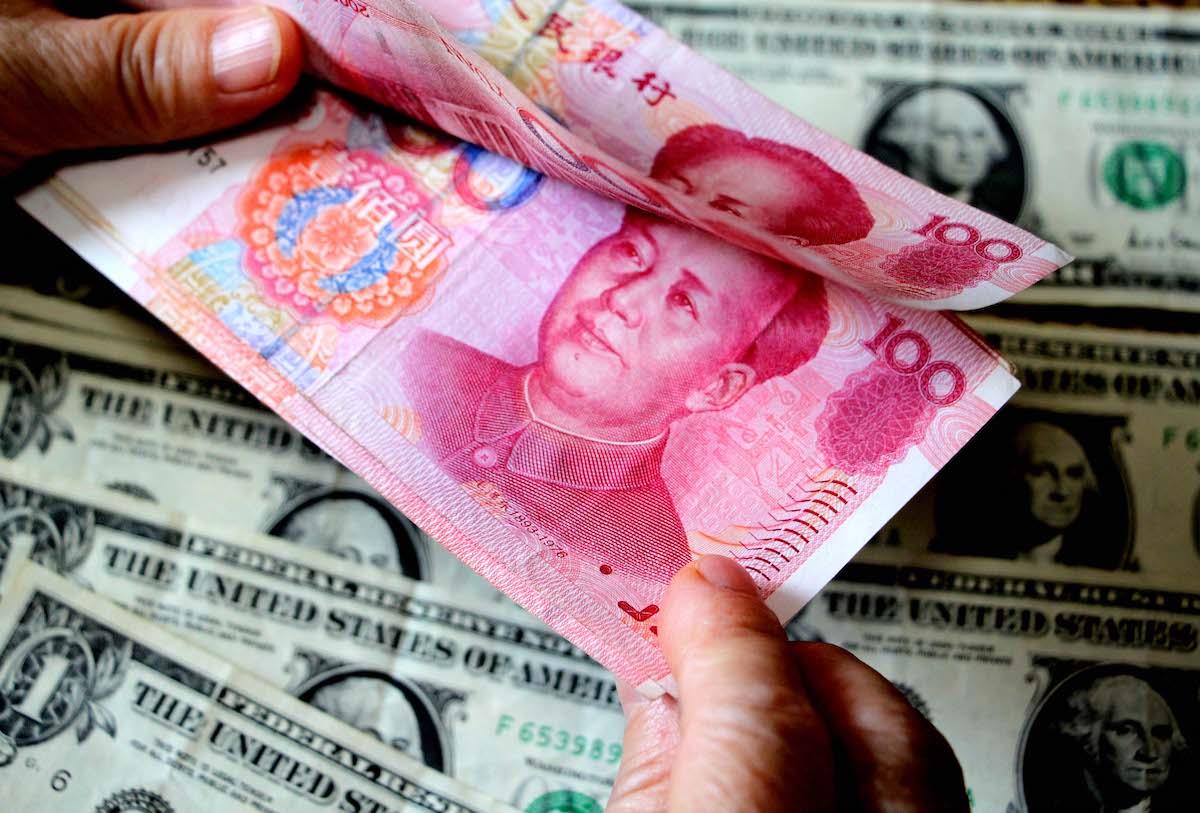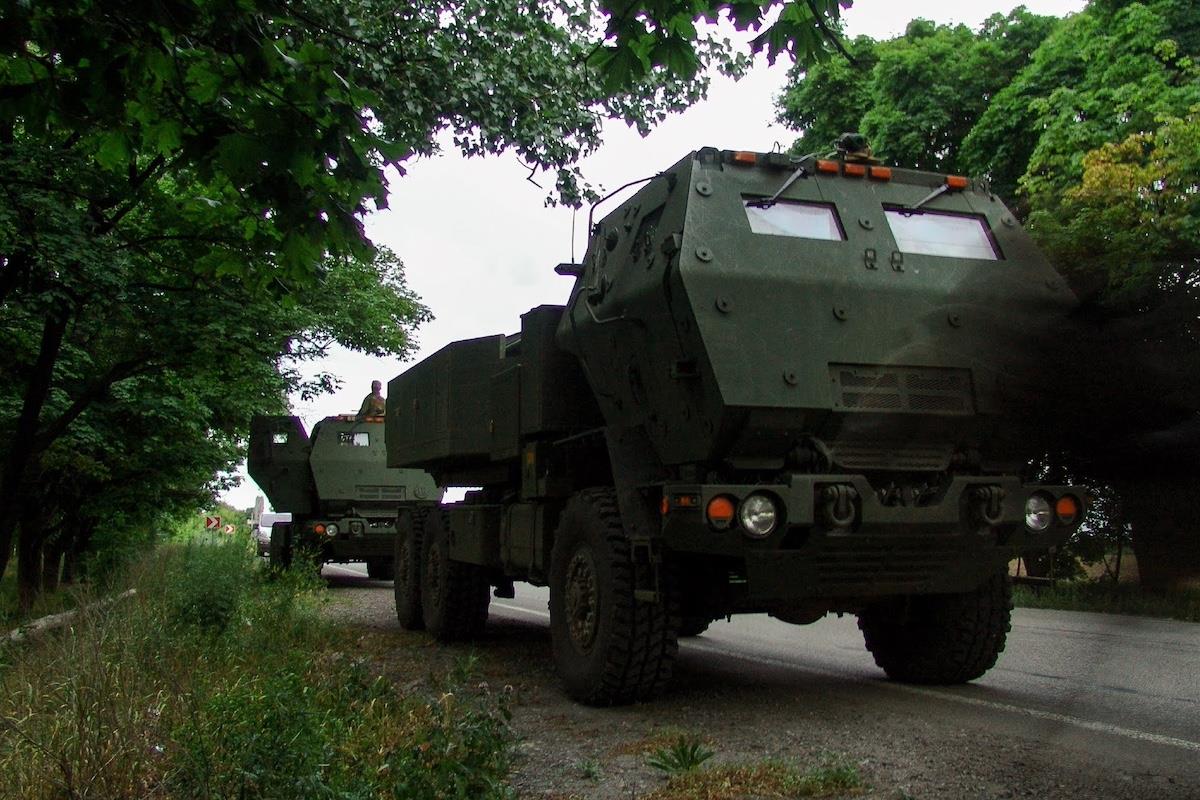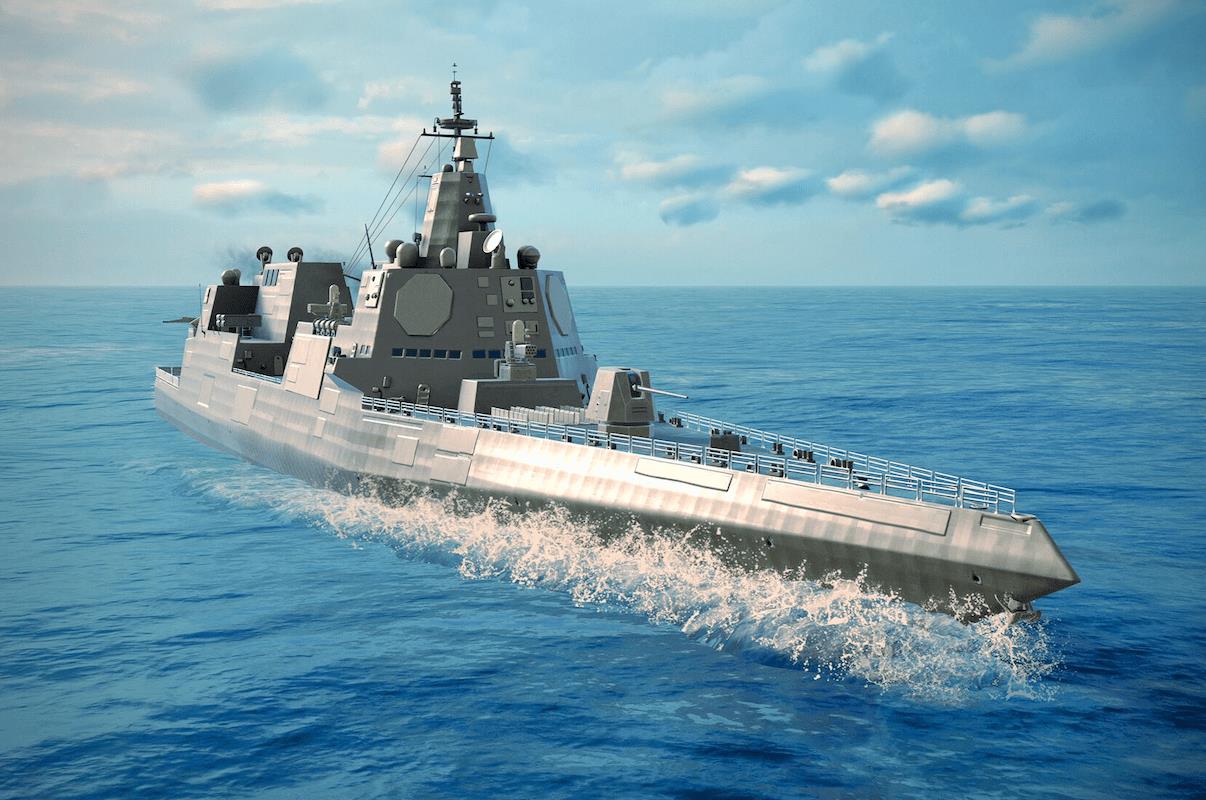
Who's Fueling Pakistan's Baloch Militancy And Why?
On July 15, geopolitical commentator Brian Berletic reignited this debate by alleging that Washington may be quietly enabling Baloch militants to accelerate militant activities, particularly against the Chinese engineers and Pakistani security forces in the province.
While the veracity of his claims remains contested, they tap into a growing body of evidence suggesting that Baloch militancy is no longer a purely domestic insurgency and is becoming a lever in a broader strategic tug-of-war between two powers.
In the last two weeks, Balochistan has witnessed a dozen militant attacks that killed more than 50 people, including two major rank officers of the Pakistan Army.
Balochistan, long a flashpoint of political dissent and insurgency, has now become a fault line in a larger global confrontation. Bordering Iran and Afghanistan and home to the strategic Gwadar Port, the province is a linchpin in China's Belt and Road Initiative (BRI).
Gwadar's connectivity offers Beijing a trade route bypassing the Malacca Strait, thereby unsettling the strategic calculus of Washington and its allies. Against this backdrop, each explosion targeting Chinese assets seems to echo not just domestic discontent but also certain international anxieties.
While there is no smoking gun linking the US to Baloch separatists, circumstantial indicators have become difficult to dismiss.
Reports by institutions such as the US Institute of Peace, Foreign Policy and Radio Free Europe have chronicled how abandoned American weapons in Afghanistan, left in the wake of America's hasty 2021 withdrawal, have found their way into the hands of militant groups, including the Baloch Liberation Army (BLA) and Tehrik-e-Taliban Pakistan (TTP).
Such proliferation of US materiel, even if unintended, becomes part of the strategic ecosystem shaping violence in the region, especially in Pakistan and Afghanistan.

Legal Disclaimer:
MENAFN provides the
information “as is” without warranty of any kind. We do not accept
any responsibility or liability for the accuracy, content, images,
videos, licenses, completeness, legality, or reliability of the information
contained in this article. If you have any complaints or copyright
issues related to this article, kindly contact the provider above.
Most popular stories
Market Research

- Ethereum-Based Defi Crypto Mutuum Finance (MUTM) Reaches 50% Completion In Phase 6
- Casper (CSPR) Is Listed On Gate As Part Of Continued U.S. Market Expansion
- Ethereum-Based Defi Crypto Mutuum Finance (MUTM) Raises Over $16 Million With More Than 720M Tokens Sold
- Tokenfi And New To The Street Announce National Media Partnership To Reach 219M+ Households
- Flexm Recognized As“Highly Commended” In The Regtech Category At The Asia Fintech Awards Singapore 2025
- Forex Expo Dubai 2025 Conference To Feature 150+ Global FX And Fintech Leaders
























Comments
No comment